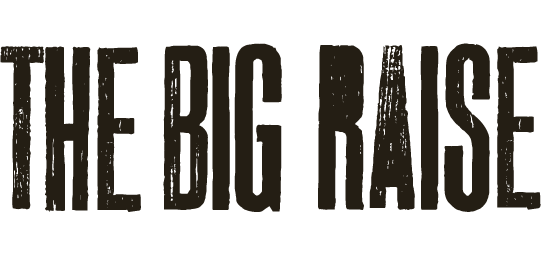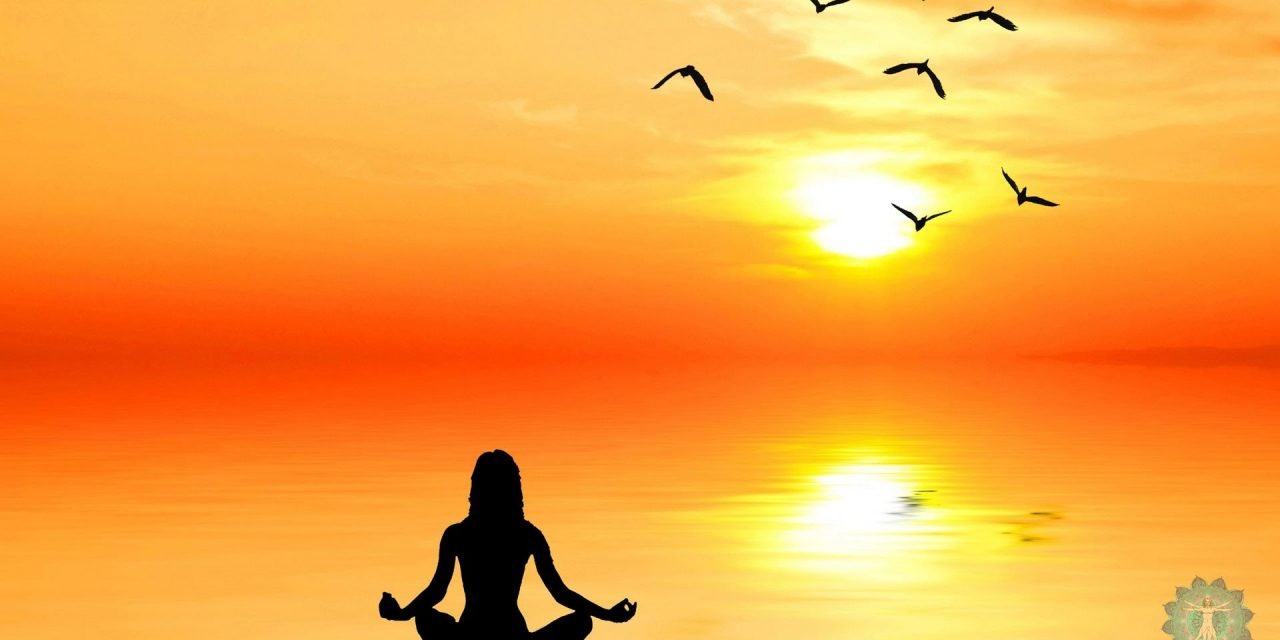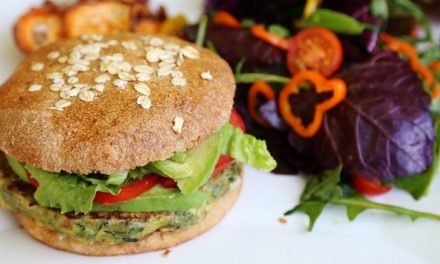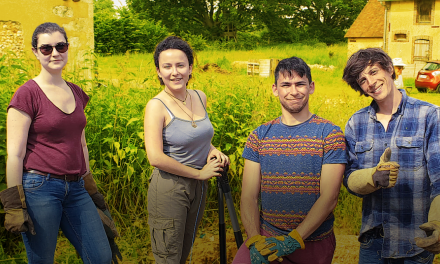A personal reflection by Alexis
At the end of 2016, I was profoundly depressed. The climate numbers were off the map. The reality was worse than every prediction. It looked to me like the window of opportunity for doing something about manmade climate change was closing fast. I increasingly lashed out at friends and acquaintances. Didn’t they understand? Why weren’t they doing something? Why were they still part of the conventional economy?
Eventually I went to see our neighbours, Gwen and Roi, who I knew were serious meditators (two hours per days and multiple 10-day silent retreats per year). “Help,” I basically said. “I can’t go on like this. Can you find me a meditation retreat? Not one of your hardcore 10-day silent retreats – something more reasonable.”
“Well, we can,” said Gwen, “but if you really want to do something about your anger and depression, then the only thing we can really only recommend is the ten-day Vipassana silent retreat. No talking, no phone, no laptop, no reading, no writing, no sport, just you and your thoughts. And up to 16 hours of meditation a day!”
I gulped. Several times. But, after a period of procrastination, I bite the bullet and signed up.
It was tough, make no mistake. Really tough. On day one I felt trapped. I hated the place. I wanted to leave. I railed internally against the organisers and my fellow participants. I paced out the longest possible walk (700m), which I did over and over again as fast as I could.
But, like almost everyone, I eventually calmed down and settled into a rhythm of silence and meditation.
Vipassana meditation is what Buddha used to do. It’s a combination of meditation, morality and hyper-concentration on the energy flows in your body. It’s this last element which differentiates Vipassana, and Buddha, from everything that came before and after. If you can focus your attention on the sensations of your body, on the way the body renews itself molecule by molecule, on the impermanence of reality, then you can free up space in your brain for repressed thoughts and deal with them.
Another way of explaining it is that it’s about creating lucidity or clarity of mind, which is the meaning of the word Vipassana. It’s also human permaculture or the permaculture of self.
Buddha didn’t set out to create a religion or a cult or an -ism. He thought that Vipassana could be used as a practical self-help toolkit by everyone and anyone – from a king to a convict.
But it’s hard work. Which is why it faded out in India 500 years after Buddha died. It hung on by its fingertips in a few remote monasteries in Burma and elsewhere in Asia, before being rediscovered at the end of the 1960s.
These days there are Vipassana centres all around the world. The UK centre, Dhamma Dipa, is in Herefordshire. The French centre, Dhamma Mahi, where both Blanche and I have done 10-day retreats, is in Burgundy.
There’s lot more I could say about how Vipassana has helped me personally, but in the context of climate change I think the really important thing is that it’s made me calmer. I’m not less worried about the future of the human race – on the contrary, with every passing day I fear we’re doing more to make Earth uninhabitable for our children – but I’m definitely less angry and less depressed. And I’m concentrating on doing positive stuff, like The Big Raise, rather than shouting at people.
Of course, Vipassana isn’t the only approach for dealing with climate anxiety. We’ve previously posted this article, which explains how to approach climate change more calmly, without thinking that you have to spend every waking moment doing something about. And Vipassana isn’t just about dealing with climate fears – it’s a lot bigger than that.
Another way of looking at this is to say that if you want to calmly explain a problem like climate change to someone, or do something about it without overwhelming yourself and burning out, then you’d better have your personal stuff sorted, otherwise you’re just going to project your unresolved issues on to others.
My mantra is: sort yourself out, then sort out the world! And Vipassana is part of my permaculture toolkit.





